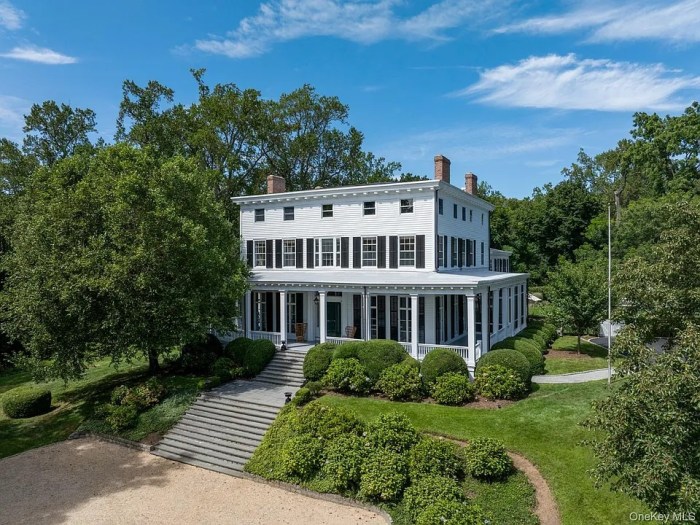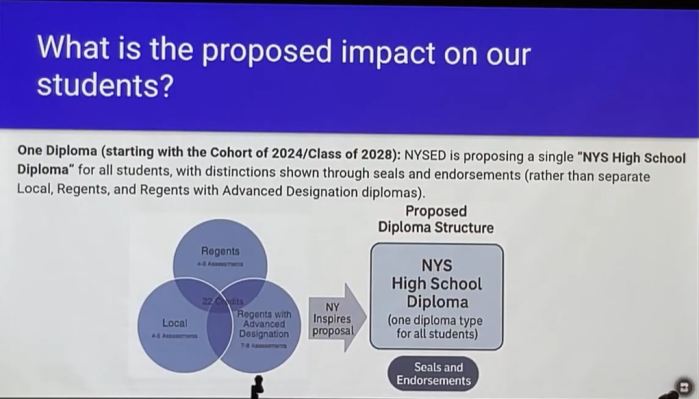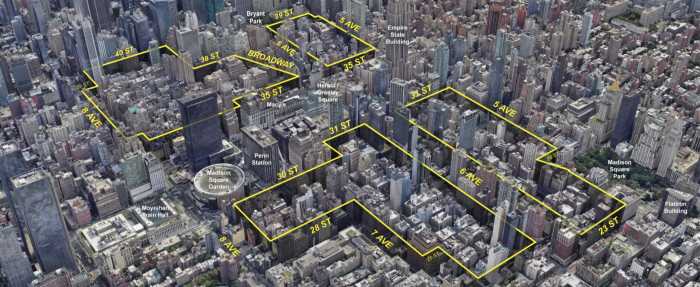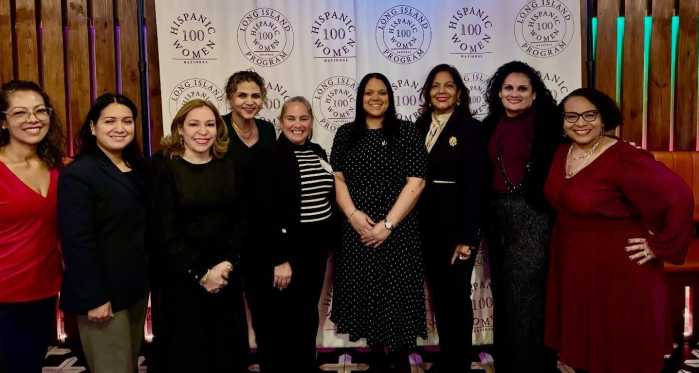Hundreds of abandoned and derelict lobster traps that continue to catch and kill marine life in Long Island Sound off Oyster Bay are being removed by Cornell Cooperative Extension of Suffolk County (CCE) in partnership with Friends of the Bay (FOB) and the Town of Oyster Bay.
A $115,841 grant is funding removal of derelict lobster gear from 18 square miles between New York and Connecticut. About two thirds of the traps to be removed – probably more than 600 – are off Oyster Bay and the remainder will be removed off the Connecticut shore.
Potential traps were identified three years ago by Ben Roberts of Eastern Search & Survey using side-scan sonar in a project arranged by FOB. Removal efforts are being conducted by Locust Valley lobsterman Bob Harrington and CCE scientists.
The New York State Department of Environmental Conservation permits the activity by stipulating that only CCE and lobstermen with NY commercial lobster permits and no fishing violations can conduct derelict trap removals.
The removal began July 13 and has been continuing every Thursday. To date, more than 40 traps have been removed. The traps collected are being brought to the town’s Theodore Roosevelt Park in Oyster Bay and then transferred to the town’s Old Bethpage landfill property to be stored by the town to allow any fisherman who lost the gear to reclaim it before it is recycled by the town.
The project is one of 39 totaling $5.4 million to be funded by the National Fish and Wildlife Foundation to enable environmental improvements around Long Island Sound.
Roberts determined that where there is a dropoff in depth to 60 or 70 feet his equipment identified more than 700 targets which may be abandoned and/or lost traps in the Sound east and west of Lloyd Point off the entrance to Oyster Bay and Cold Spring Harbor.
CCE said in a statement that it “is grateful for the support from The National Fish and Wildlife Foundation’s Long Island Sound Futures Fund as it ensures that our critical work to protect and enhance the environment continues. This funding enables our experts to work to restore the health of the Long Island Sound by removing floating debris and derelict lobster gear that negatively impact our waters and a once thriving lobster industry.”
FOB President Bill Bleyer said that “this project will have a positive impact in solving an environmental problem that few people realize exists. These abandoned traps continue to attract and ultimately kill a large amount of marine life.”
Oyster Bay Town Supervisor Joseph Saladino stated that “the removal of these ghost traps from Long Island Sound is a vital project for the health of the marine environment. We are happy to offer our resources in the spirit of teamwork to recycle and discard these abandoned traps.”
Riverhead-based CCE has been conducting a trap removal project on the North Shore of Long Island for 12 years. By partnering with commercial lobstermen with local knowledge, it has been able to go out on the Sound and grapple for traps that have been lost and have no buoys. They have recovered more than 21,000 traps so far. Once brought to the surface, they are checked for live organisms and transported to land where they are temporarily stored for a month at local municipal sites. During that time, CCE, with help from the state DEC, attempts to contact any fisherman with identification tags remaining on the traps to see if they want them back. Through cooperative agreements, unclaimed traps are compacted by the local municipality and then loaded into receptacles donated by a metal recycling company. In most cases, non-recyclable debris is taken by Covanta Energy to be used through their waste-to-energy program. Occasionally waste traps have been used by artists for marine debris art installations.
The mission of Friends of the Bay, an environmental conservation and advocacy organization located in Oyster Bay, is to preserve, protect and restore the ecological integrity and productivity of the Oyster Bay/Cold Spring Harbor Estuary and the surrounding watershed. Visit: www.friendsofthebay.org.
—Submitted by Friends of the Bay
Abandoned Lobster Traps Removed In Joint Community Project
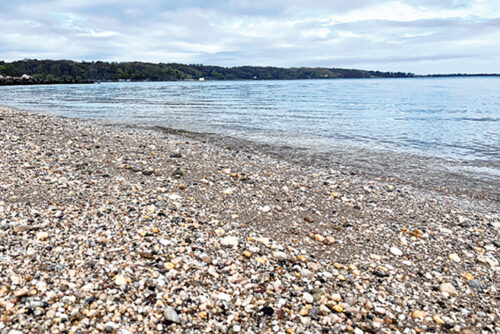
Theodore Roosevelt Memorial Park. (Photo by Jennifer Corr)




